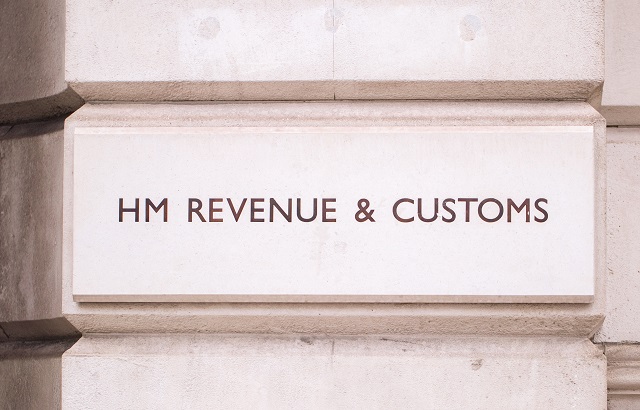HM Revenue & Customs (HMRC) has confirmed it is targeting wealthy non-domiciled individuals by sending “nudge” letters to those who may not have paid enough in tax.
Hundreds have been sent during the past few weeks.
An HMRC spokesperson said to International Adviser: “We regularly send letters to customers to educate, remind or prompt them to review their tax affairs, particularly where we have information that suggests there are specific risks to the payment of tax owed.
“The letter raises awareness of a specific issue around tax compliance and gives the customer an opportunity to make sure they’re getting their tax right.”
Richard Jameson, partner in the private wealth team at Saffery Champness, said: “HMRC are, quite rightly, eager to ensure that UK taxpayers with assets held internationally are paying their fair share of tax.
“Hence why on tax day in March, HMRC launched a new discussion paper aimed at helping taxpayers to get offshore tax right, and why more and more taxpayers are receiving so-called nudge letters from HMRC asking them to check and, if necessary, correct their tax returns in relation to overseas income or gains.
“These methods represent HMRC’s lighter-touch approach, targeting those individuals who may be unaware of the rules regarding the disclosure of offshore assets, or who may have simply made an innocent mistake.”
‘Remittance basis charge’
According to the Financial Times, the letters have been sent to non-doms that HMRC believes might have failed to declare and pay an annual levy called the “remittance basis charge”, which kicks in after non-doms have been UK resident for at least seven years.
Laurence Parry, tax partner at Kreston Reeves, told IA: “These nudge letters are the latest in a long line of HMRC communications, asking taxpayers to check their information. Frequently, the tax returns are correct – there is an exemption for where the income or gains are less than £2,000 ($2,763, €2,348) per annum.
“Given current interest rates, many non-doms will not be generating that level of income in a year. Where people can get it wrong is understanding what a remittance is. Using an overseas credit card in the UK can be a remittance, and people can generate a tax charge just by pulling the wrong card out of a purse or wallet.”
Adam Craggs, partner at RPC, said: “The tax affairs of most non-doms are complicated. For example, most people who claim the remittance basis want to get things right but do not always understand the reasons why a remittance can occur.
“It may be the case that a recipient’s affairs are in order, in which case no response to a ‘nudge’ letter is required. Otherwise, further professional advice should be sought to ascertain whether a response is required and if so, the nature of the response.”








